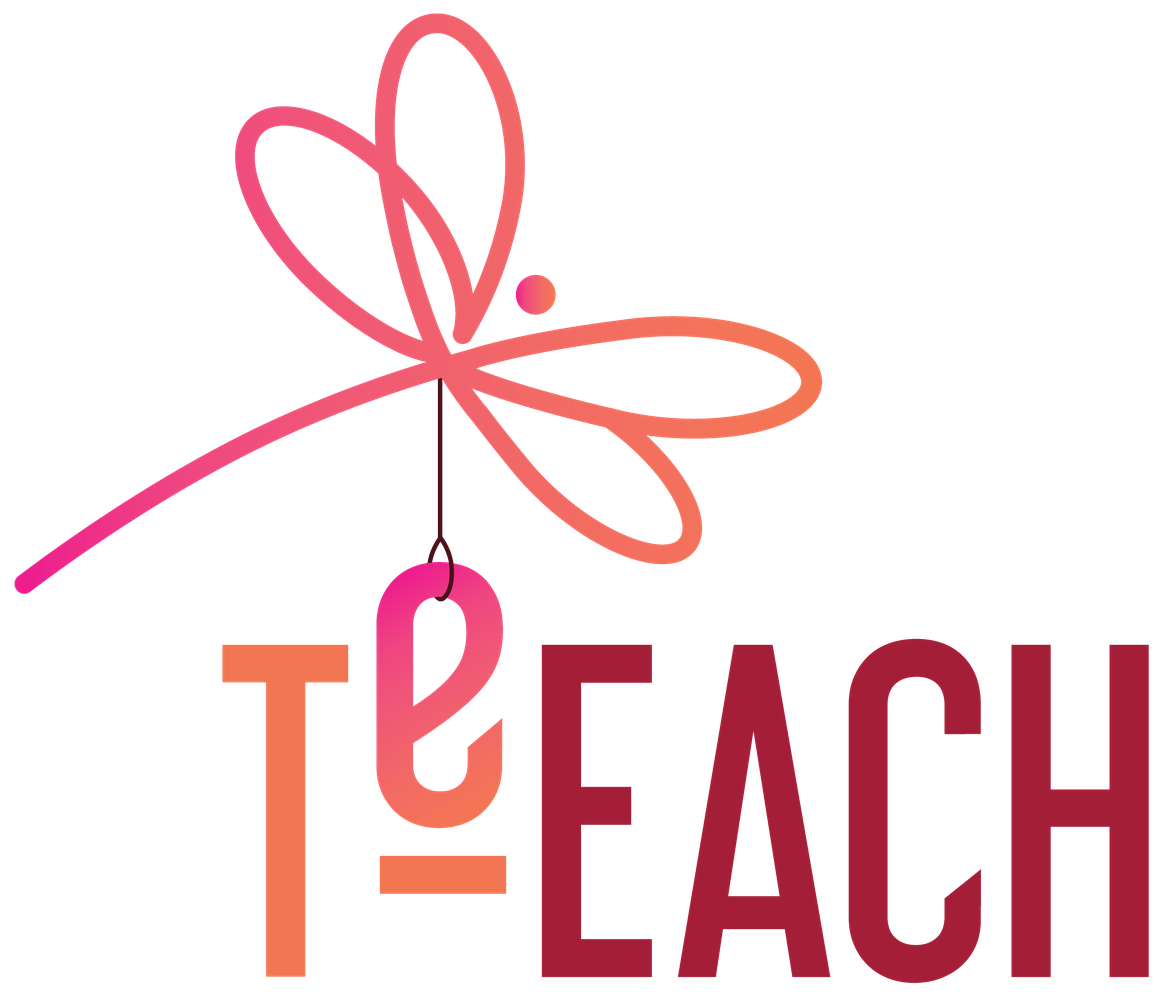What is Volunteer Family Connect?
VFC has successfully operated since 2012 and in that time has demonstrated positive impact on both Families and Volunteers. VFC is a structured social relationship intervention in the form of volunteer home visiting for parents and carers of young children (0-5 years old) who are vulnerable due to social isolation and/or a lack of parenting skills and confidence. VFC reduces the service gap and provides structured social relationships for vulnerable families through the support of volunteers.
The service is delivered by volunteers and overseen by a Program Co-ordinator. Families are matched with trained community volunteers who serve as a support and social bridge to the local community. Volunteers visit families for two hours per week for between 3-12 months. During home visits volunteers establish trusting, respectful and meaningful relationships with families, providing families with flexible practical and social support as well as information about appropriate community services to facilitate parent engagement and connection with these services and other community activities.
VFC is an example of a successful support model being delivered in Australia by a long-standing consortium of highly experienced child and family service providers, The Benevolent Society, Karitane, and Save the Children. The intervention works with families and carers of young children who are marginalised, experiencing social isolation or need additional support in their parenting role.
The program works to:
- Improve parenting perception: improve and strengthen parent's experiences, capacity, knowledge and confidence
- Create a brighter outlook: support parents to be future orientated and aspirational for themselves, their children and their family
- Increase community connectedness: improve participant's support networks volunteer and community connections
- Reduce social isolation/improve health: improve participants' sense of inclusion, reducing health risks.
Delivering value for money
A recent Australian trial demonstrated the effectiveness of VFC in improving outcomes for families linked with a trained volunteer who provides emotional, practical and informational support, strengthening parents' confidence, optimism and wellbeing.
Rigorous research has clearly demonstrated that VFC delivers value for money. $1.78 social value for every $1 invested. For most vulnerable families this increased to as much as $5.42 for every $1 invested. We have also seen:
70% Improved parenting competence
62% Stronger community connections
67% Higher satisfaction with support services
68% Increased sense of guidance, emotional closeness and belonging
How is it funded?
Although some government funding has been utilised, 100% of the research and ongoing program delivery funding (post June 2019) for VFC has been covered by an anonymous philanthropic donor.
VFC is a scalable model for early intervention with vulnerable families. The service has proven success in lifting parent and carer capabilities and strengthening community connections for isolated parents and volunteers.
Funding of $2.55M over two years is required to continue delivery in the existing seven sites, maintaining early support for up to 170 families and 90 volunteers. A seamless transition from philanthropic funding (expiring end 2020) would minimise inefficiencies from volunteer attrition to ensure continuity of service and maintain strong governance and quality arrangements.
It is critical that funders/governments invest in cost-effective, sustainable and scalable interventions that are evidence informed, and that promote social and community connection to support child and family health and wellbeing, now and post COVID-19.
VFC consortium would welcome an opportunity to engage with other investors/funders (the Commonwealth Government) on the emerging post COVID-19 family policy reform agenda, to explore ways to scale this low-cost, high impact model into further sites across the country and connect more systemically into the service continuum.
Exploring a virtual world
The challenge posed by COVID-19 restrictions required VFC delivery to physically distance to reduce the spread of the disease, while also staying connected to minimise the impact on communities social and psychological wellbeing.
The decision to move to virtual delivery was made to continue service where possible, primarily to best support families with young children in communities who were already socially disconnected. This included using digital means to reach out to those families likely to be feeling the effects of social isolation more acutely during the coronavirus pandemic.
Due to the past eight years of experience of working collaboratively and with agility, each family service provider has been able to successfully continue to deliver the VFC model via a virtual application.
In doing so the existing providers have developed experience in successfully scaling a continuum of care to include virtual delivery as an option. This offers broader service delivery organisations an opportunity to also utilise such evidence-based services. The VFC training package is comprehensive and standardised, ready for expansion by any future service delivery partner.
The ability to reach remote communities and engage in inter-organisation delivery across diverse geographic footprints has been an immediate benefit. For example:
Save The Children is exploring how excess volunteers in Inner West (NSW) could be linked virtually with families in Hobart (Tasmania).
The ability to offer support across the continuum of care with a combination of 1-1 in person and virtual has been successfully trailed in The Benevolent Society Gold Coast site (QLD)
While still an ongoing challenge, innovative ways to manage translation for CALD families is being tackled virtually by Karitane in Sydney (NSW)
This is a time of increased change for families, with more and more families experiencing stress and feelings of social isolation and disconnection. This will continue, for many families, well beyond the immediate health concerns of the COVID-19 pandemic.

